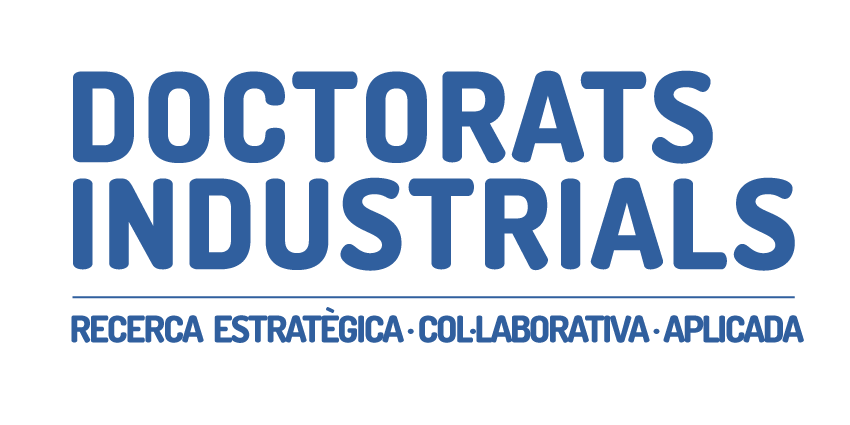Descripció del projecte
The main objective of our project is the generation a new biological atlas of the in vivo chromatin interactions that includes the epigenetic signaturesand functional genomic characteristics in pivotal mammalian species to unravel the high-level structural organization of mammalian genomes and,in this way, we will reveal the in vivo physical interactions and high-structural organization of mammalian genomes and, on the other, their epigeneticand functional features. The analysis of the in vivo chromatin interactions of mammalian genomes through a multidisciplinary approach will providenew insights as to whether particular sequences and chromatin interactions/configurations are predisposed to genome shuffling. We will fill the gapin the existing knowledge on what are the structural interactions and the epigenetic modifications that determine the chromatin conformation inmammalian genomes and how are they related to the genomic shuffling and plasticity.
The results of this project will reveal the mechanical forces underlying the organization of mammalian genome and this would have a remarkable impact in understanding both the origins of mammalian genome structure and disease-causing genomic reorganizations. The atlas of the chromatin interactions, epigenetic signatures and functional genomic characteristics that will result from this proposal would provide, in the longer term, the basis for the detection and isolation of therapeutic targets in complex human disorders and aid the design of future directional treatments (i.e., regions with distinct transcription activities and gene expression).
The PhD candidate will contribute to this aim under the following specific objectives: (i) development of a pipeline for Hi-C data analysis, (ii) development of a pipeline for integrating statistical data graphics and multi-omics data including Hi-C, (iii) application of the pipeline to the analysis of experimental Hi-C data and (iv) development of a user-friendly software for analysing Hi-C data.
The project will be developed by Sequentia Biotech S.L. and the Universitat Autònoma de Barcelona (UAB). On one hand, experimental data will be produced in the host laboratory at the UAB, which provides the entire infrastructure necessary for the successful implementation of the project.
Sequentia Biotech S.L., on the other hand, will provide its bioinformatics expertise and its computational resources for the analysis of the data and the development of bioinformatics tools.


